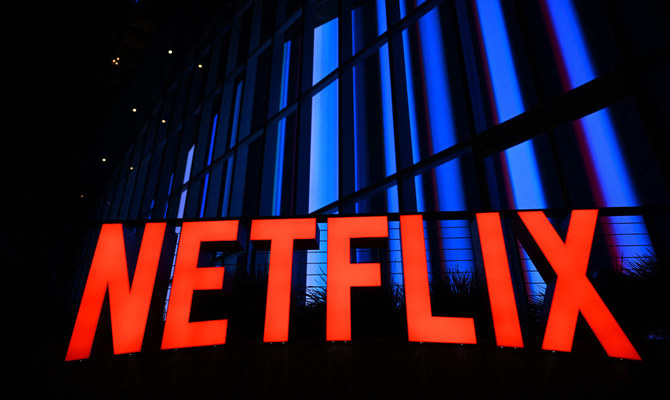DUBAI: Netflix is releasing a collection titled “New Saudi Voices” consisting of 11 specially curated short films to celebrate the creativity of emerging Saudi filmmakers.
The collection comprises movies across genres including horror, fantasy and animation, in an attempt to capture the full scope of Saudi filmmakers’ creativity and talent.
The 11 films are part of the New Saudi/New Cinema Shorts showcased at the Red Sea Film Festival last year and encapsulate the work of some of the most promising new voices in the Kingdom.
The films include Mohamed Basalamah’s “Hallucinated,” which tells the story of a delivery worker who suffers from worsening insomnia until the line blurs between his reality and hallucinations; and Rami Alzayer’s “The Day I Lost Myself,” which explores how a young man with anxiety finds himself stuck in an elevator on his way to an interview.
Documentaries like “Arufea” by Abbas Alshuwayfie offer a peek into an old Saudi neighborhood, and Omar Al-Omirat’s “Covida the 19th” explores lifestyle changes post-pandemic.
The collection also includes an animated short called “Whisper Down the Lane” by Raghad Albarqi, “The Jakar” by Abdulaziz Saleh, “The Palm Witch” by Hala Alhaid, “Hide and Seek” by Mohammad Helal, “Red Circle” by Abdulaziz Sarhan and “Little Bird” by Khalid Fahad.
Nuha El-Tayeb, director of content acquisitions, Netflix, MENA and Turkey, said: “We’re very excited to amplify the voices of up-and-coming filmmakers in Saudi Arabia through this collection. There’s incredible talent in the Kingdom, and they have unique stories to tell. We hope that as people tune into the films, they learn more about these creators, and catch a glimpse of their passion, originality and creativity, as we have.”
It is not the first time that Netflix has shined the spotlight on Saudi cinema. Earlier this year, the company launched a specially curated collection of 21 Arab films, “Because She Created,” featuring movies from filmmakers across Saudi Arabia, Algeria, Egypt and more.
At the time, El-Tayeb told Arab News: “There’s incredible talent in Saudi Arabia. The entertainment landscape is rapidly evolving and Saudi women — like other women from the Arab world and globally — have beautiful, complex and layered stories to tell.”
The streaming giant has also worked with writer and director Hana Al-Omair on “Whispers,” an eight-part psychological thriller, as well as with Haifaa Al-Mansour on “Wadjda,” the first feature film made by a female Saudi director.
The “New Saudi Voices” collection will be available on Netflix on Sept. 29.

































